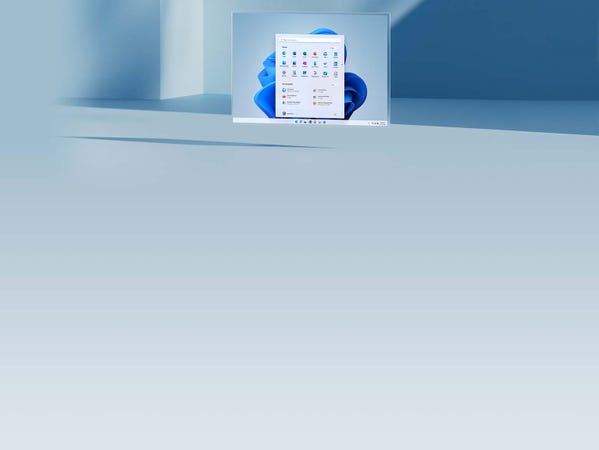Frequently Asked Questions (FAQ) About Operating Systems
If you took a laptop or desktop computer and removed its operating system (OS), what would you get? A large (and rather bulky) paperweight, pretty much. Read on to find out why the operating system software is such an essential part of a computer, and what you need to know when it comes to purchasing the best operating system for your needs.
What is an operating system?
Simply put, an OS is the software that tells a computer's hardware what to do and how it should run. It also provides the interface that allows you to interact with the computer, both in terms of entering your commands and receiving information. The design of the windows on the screen, the way you open up your favourite programs, the sounds the computer makes when you get an alert -- these are just a few parts of the OS.
What are the different types of operating systems?
When it comes to laptop and desktop computers, the three most popular OSs are Microsoft's Windows, Apple's OS X, and Linux. The majority of computers around the world run Windows, while OS X is exclusively found on Apple's desktop and laptop computers. Linux is a free OS that appears on relatively few computers but is growing in popularity.
When do I need to buy a new operating system?
If you build your own computer or buy one that doesn't come with an OS, you'll need to purchase the OS separately and load it onto the computer. Also, if you don't have the most current version of the OS it's generally a good idea to upgrade so you can get the latest features and enhancements.
The latest OS can sometimes result in performance improvements, so if you find your computer runs as slowly as a turtle crawling through molasses an OS upgrade could be part of the solution.
What should I look for in a new operating system?
When it's time to upgrade to or buy a new OS, you'll want to keep these factors in mind:
System Requirements
Some OSs require specific hardware specs in order to run properly. Whether you're shopping online or in a store, you can easily check the system requirements (mostly in terms of the processor, memory, and hard drive capacity) to see if your hardware is up to snuff.
Compatibility
If upgrading, make sure your new OS is compatible with your current one. If you're buying a new OS it's best to do some research (or talk with a knowledgeable expert, like a Geek Squad Agent) to ensure the OS will work properly with your hardware.
Language
This seems pretty obvious, but it can be easy to miss. When choosing operating system software make sure it comes in the language you're most comfortable with -- otherwise you'll be in for a rather frustrating installation process.



